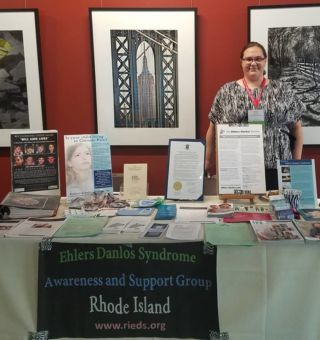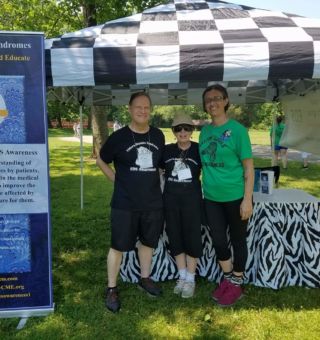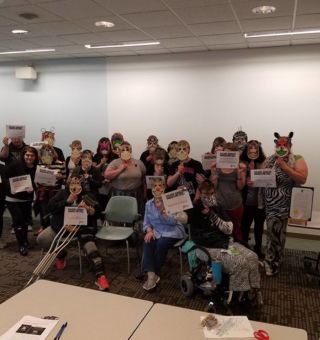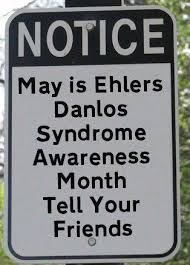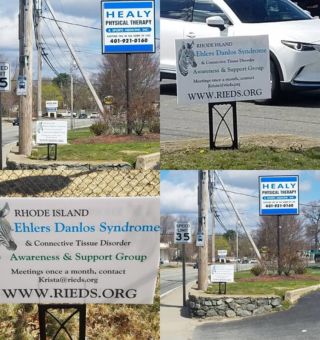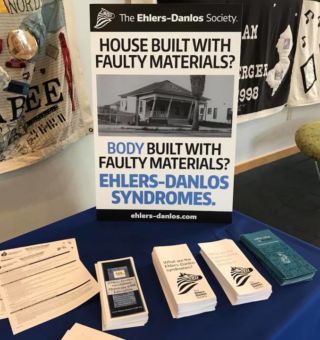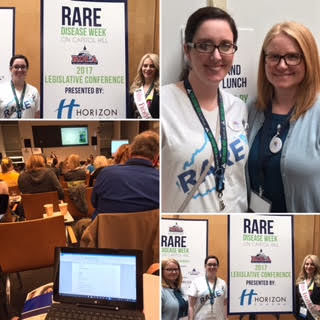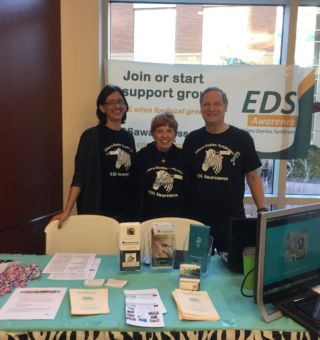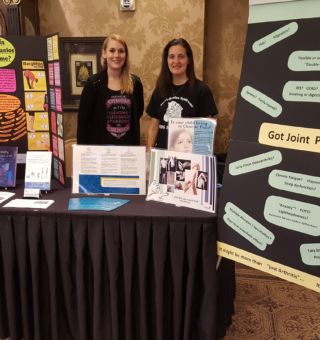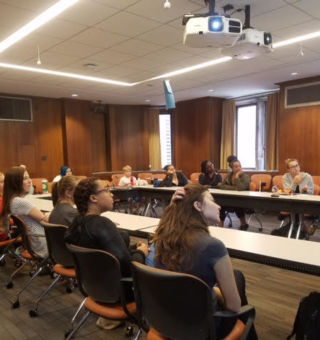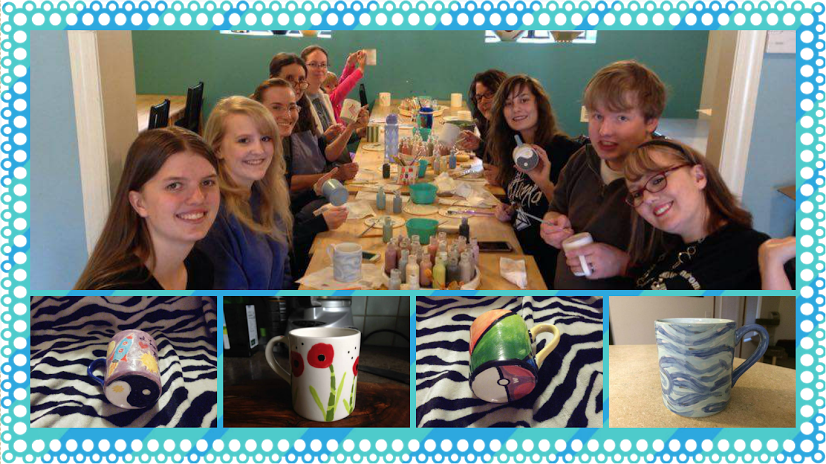POTS Lecture with Carrie Burdzinski
POTS Lecture with Carrie Burdzinski
Postural Orthostatic Tachycardia Syndrome (POTS), Dysautonomia, and the Autonomic Nervous System
What is postural orthostatic tachycardia syndrome (POTS)? What are its signs and symptoms and what are the mechanisms by which all body systems are affected? How does the autonomic nervous system normally function? What is the etiology, or cause, of dysautonomia? How is it diagnosed? Can it be treated? Join professor Carrie on a journey through the autonomic nervous system and develop a deeper understanding of autonomic function in general, and POTS in particular. This lecture is presented at the college level and is meant to be accessible for patients, family members, students, and medical professionals.
0:00 Background and purpose
1:28 Definition and basic mechanism of POTS
8:10 POTS symptoms and causes: acute cerebral hypoperfusion, chronic cerebral hypoperfusion, chronic organ and tissue hypoperfusion, autonomic dysregulation, sympathetic hyperactivity (hyperadrenergic POTS)
16:59 Organization of the nervous system: central nervous system, peripheral nervous system, afferent pathways, efferent pathways, autonomic nervous system, sympathetic division, parasympathetic division
24:23 Nervous system signaling pathways: preganglionic neuron, ganglionic neuron, acetylcholine, cholinergic receptors, nicotinic receptors, muscarinic receptors, norepinephrine, adrenergic receptors, alpha receptors, beta receptors
43:50 The dysautonomia family of conditions: POTS, neurally mediated syncope, autonomic failure
46:13 Etiology of POTS: genetic mutations, joint hypermobility, Ehlers-Danlos syndrome, norepinephrine transporter (NET) deficiency, catecholamine synthesis, tyrosine hydroxylase (TH), aromatic L-amino acid decarboxylase (AADC), dopamine beta-hydroxylase (DBH), catechol-O-methyltransferase (COMT), monoamine oxidase A (MAO-A), epigenetics, deconditioning, mononucleosis, autoimmunity, Guillain-Barre syndrome
1:06:39 Diagnosing POTS: medical history, tilt table test, catecholamines test, specialized autonomic testing
1:16:18 POTS prognosis
1:19:26 Managing and treating POTS — non-pharmacologic: diet, methylcobalamin, methyltetrahydrofolate, exercise, environment, psychosocial considerations
1:37:47 Managing and treating POTS — medications: mineralocorticoids, beta-blockers, alpha-agonists, reuptake inhibitors, psychostimulants
1:53:46 Conclusion and hope for the future
Click here for more information about Carri Burdzinski
Click here for the original source of this article
Click here for the Dysautonomia Information Information Network
We appreciate your Facebook shares, Likes and Comments







